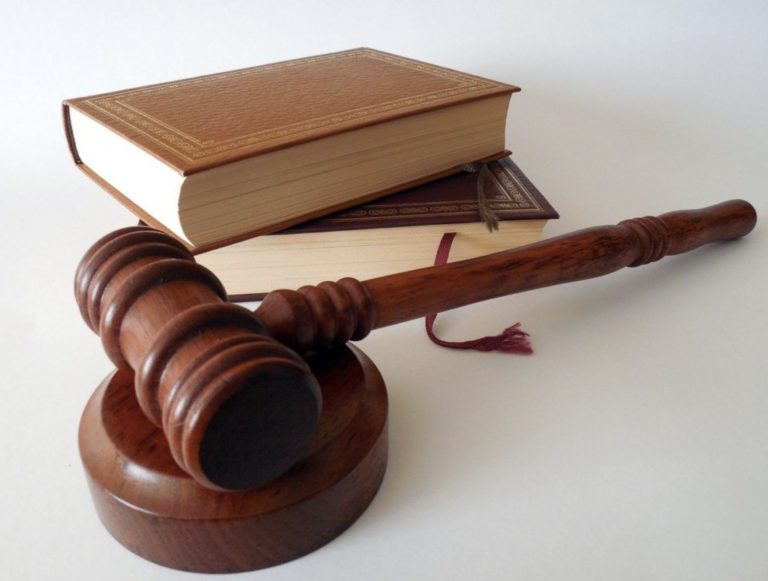Slip and fall accidents are unfortunately a common occurrence throughout the world. In the United States alone, these accidents send one million people to the hospital each year with varying degrees of physical injury. Whether these accidents occur at your home or in a commercial space, it is essential to get yourself checked by a medical professional immediately to decrease the risk of significant physical harm.
If you slipped and fell on someone else’s property, it is natural to wonder whether or not you can pursue a lawsuit against the property owner. Most slip and fall accidents result from negligence on the part of the property owner leading to the hazardous conditions that cause the accident. Depending on the facts of your slip and fall accident, the amount you receive as compensation might vary. The knowledgeable slip and fall accident lawyers at Salamati Law in Los Angeles, CA have provided a closer look at what your slip and fall lawsuit might be worth.
Story Stages
Medical Bills
One of the major expenses after any slip and fall case is the medical bills related to the treatment of the physical injury resulting from the accident. The medical bills include the doctor’s fee, cost of diagnostic tests and therapeutic procedures, medications, physical therapy, etc. Since these bills are on the record, any valid slip and fall claim will at least cover the cost of your medical expenses.
Loss of Income
You might also be entitled to receive financial compensation for the lost wages after the accident. Depending on your present income, you are entitled to receive compensation for the loss of income for the duration of recovery if another party is liable for the accident.
Pain and Suffering
While it is a highly subjective metric, pain and suffering related to the accident also form a part of the financial compensation you might be entitled to receive after the accident. A multiplier forms the basis of the amount calculated for the pain and suffering related to the accident. The multiplier is determined by your medical bills and the severity and extent of your physical injury.
Pain and suffering compensation can vary between different cases depending on the degree of physical disability caused by the accident. The multiplier value is high if you incur a permanent loss of function of one or more body parts due to the accident. On the contrary, injuries that heal soon after the accident have a lower multiplier for pain and suffering.
Lost Earning Capacity
If the accident leaves you with a permanent disability that interferes with your work, you might be entitled to receive compensation for the lost earning capacity resulting from the accident. If an expert evaluation finds you to have lost earning capacity as a result of the accident, you might be entitled to financial compensation as a lump sum equal to the decrease in earning capacity. Alternatively, the party responsible for the accident might be liable to pay you for retraining or reeducation for working in a different field.
Incidental Expenses
Incidental expenses include all the other expenses that occur due to a slip and fall accident. These expenses include gas bills, public transport charges, etc., that occur throughout the lawsuit.
Comparative Negligence
According to the comparative negligence rule, the amount you receive as compensation for your damages might decrease according to the percentage of your fault for the accident. If the court finds that you were partly responsible for the accident, your compensation will decrease proportionately.
Hiring an Attorney
It is advisable to hire an experienced personal injury lawyer to increase your chances of receiving fair compensation. Most law firms offer free initial consultation services, and some charge only when you are successful in obtaining compensation in a settlement or a trial.
